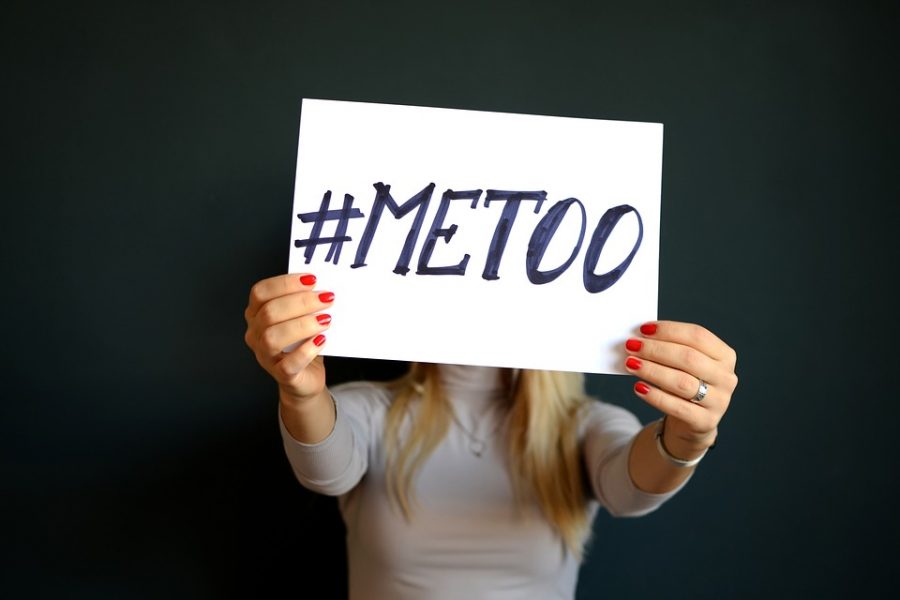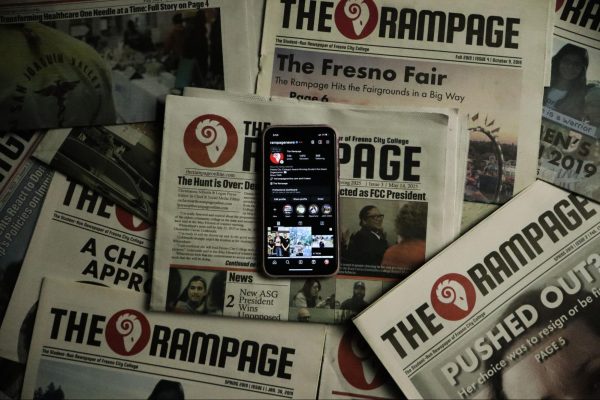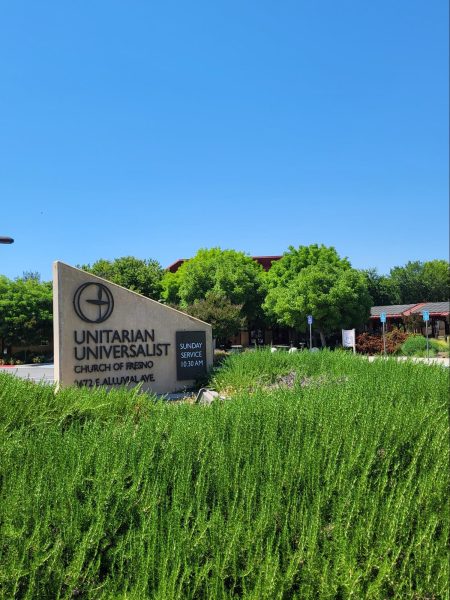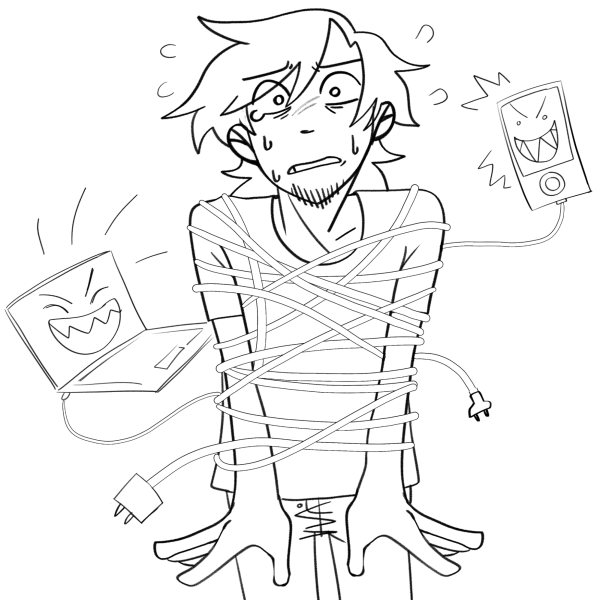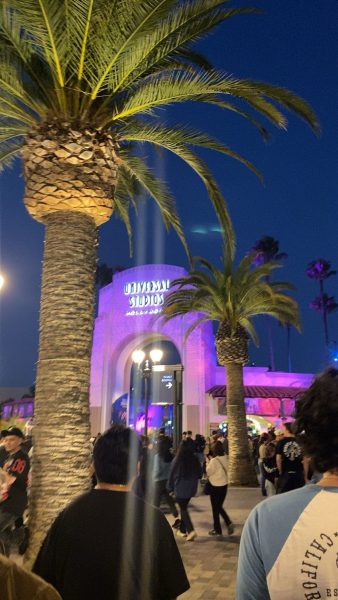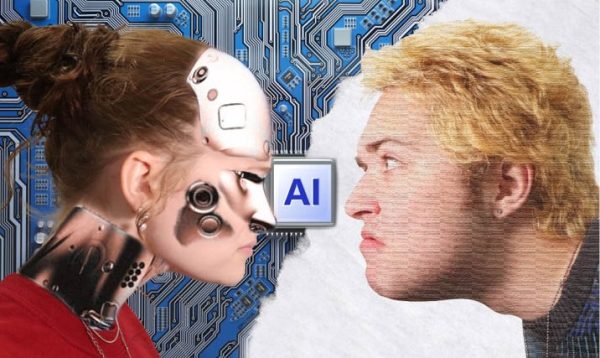#MeToo is More than a Hashtag
I awoke to the sound of knocking on the bathroom stall. Inaudible voices surrounded me.
Disoriented, I found myself on the floor of my dorm bathroom, covered in urine. Somehow, in my hazed state, I unlocked the stall and found campus paramedics descending on me.
Had I been there for minutes, hours? Time shrank and stretched into a continuous blur.
The paramedics placed electrodes on my body. As I looked up I saw my friend. She had been trying to enter the stall after hearing me throw up.
After a few minutes of careful monitoring, the paramedics concluded that I did not have alcohol poisoning. I had been roofied, a result of the fraternity party I had attended. The vomiting would continue throughout the night, but I would be OK.
I found myself huddled around a trash can, crying at 4 a.m. , asking myself how could I be so stupid? Why wasn’t I more careful? How could I have almost thrown my life away?
That night as my roommate watched over me, I echoed the sentiments of people throughout the world who experience sexual assault, or abuse.
Blame.
Last October, amid the Harvey Weinstein sexual misconduct allegations, #MeToo began trending worldwide after a call to action from actress Alyssa Milano, asking those who had been sexually assaulted or harassed to respond with the hashtag.
The movement originally started 10 years ago by Tarana Burke, a black activist, as a way to create community amid women of color who had experienced sexual abuse.
The tweet went viral, nearly a million people tweeted the hashtag over the course of 48 hours according to Twitter. On Facebook, the hashtag generated over 12 million posts, comments, and reactions in the span of 24 hours, according to Facebook.
The movement gave me something I’ve been struggling to find my whole life. A voice.
That incident in college wasn’t my first experience with sexual assault. It happened the first time at the hands of my cousin when I was 6, and again at 13 by my uncle.
According to statistics, every 98 seconds an American is assaulted. 1 out of 6 women have been a victim, of attempted or completed rape in their lifetime.
In a world where judicial courts fail sexual abuse survivors, as was the case during Brock Turner’s trial, victims are constantly questioned and forced to relive their trauma.
For the first time, survivors have been able to find solace in community. #MeToo has provided a medium for stories to be shared, and most importantly a community of allies who believe them.
Condemned for its perceived elitism, with the majority of media coverage focused on celebrities, critics have questioned how the movement benefits non-famous minority women.
When celebrities like Lady Gaga, Reese Witherspoon, McKayla Maroney, and countless others came out, I did not view it as celebrities capitalizing on rape culture. Instead I thought of the 6 year old girl, or the 13 year old girl watching her favorite TV shows and knowing that she’s not alone.
For the first time in history, there is a mass mobilization of women transcending race, gender, class, and sexuality who are saying they will no longer tolerate the constant harassment and abuse imposed on them by the larger hyper-masculine society.
Criticized for inciting a “witch hunt,” and creating an environment in which men are excluded from the conversation and ostracized, the #MeToo movement seems to have instilled a sense of fear in men.
Why should they be penalized, for a woman’s inability to speak out at the time the action was committed?
Trauma is a complex thing, and that’s what isn’t understood when looking at survivors who decide to speak about it years later. It takes recognizing that you were a victim in that moment, and that what happened to you wasn’t normal.
Men worried about losing their jobs must keep in mind the countless women who have lost their sense of safety, of trust, of self.
What is the polite way to say, stop raping us, stop harassing us, stop abusing us? Our sanity is more important than your comfort.
#MeToo is simply the beginning of a conversation that’s been put off for too long. We will not be silenced.
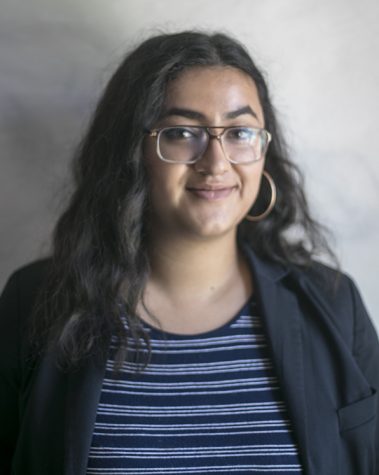
Paulina Rodríguez is a 21-year-old journalism major attending Fresno City College. She grew up in Chavinda, Michoacán, Mexico and immigrated to the United...

